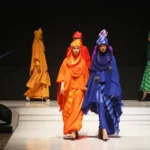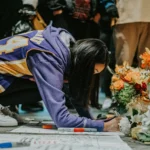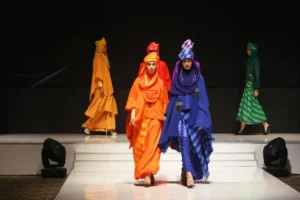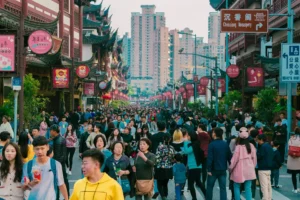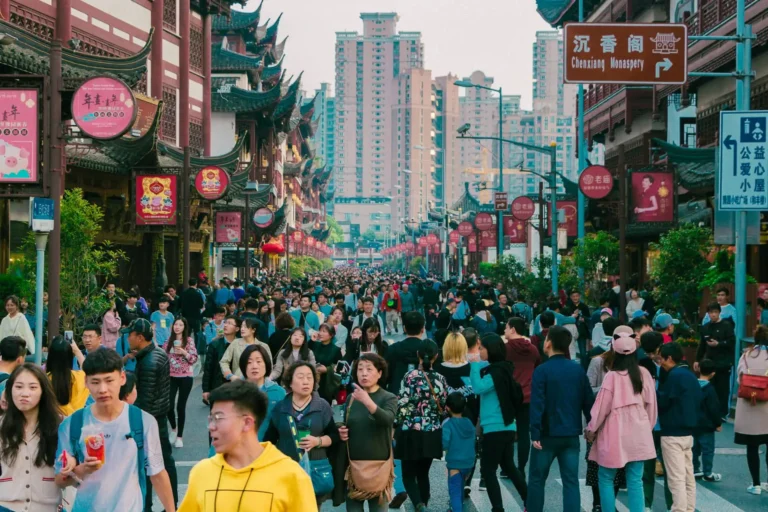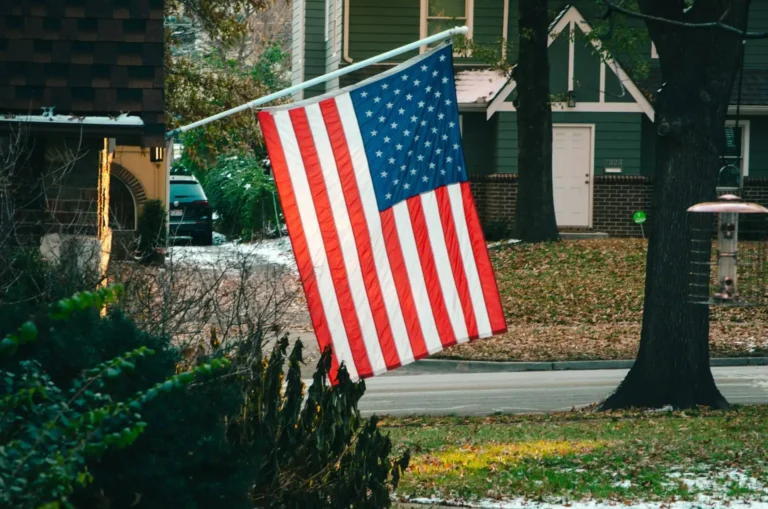Threads of Time: 50 Years of Paris Fashion Week is a tribute to one of the most iconic events in the fashion world. Since its inception, Paris Fashion Week has been a symbol of style, innovation, and the forefront of fashion design. The event has not only set the global stage for haute couture but also shaped the trends and cultural narratives that have defined fashion across decades.
A Look Back: Origins and Evolution
Paris Fashion Week, which officially began in the early 1970s, was established to showcase the creative genius of French designers and offer a platform for both established and emerging talents. Over the last 50 years, it has evolved from a traditional runway show into a global spectacle with immersive experiences, collaborations, and groundbreaking performances. Iconic designers like Yves Saint Laurent, Chanel, and Jean-Paul Gaultier have had their creative revolutions unfold on its runways, each contributing to the evolution of Paris as the fashion capital of the world.



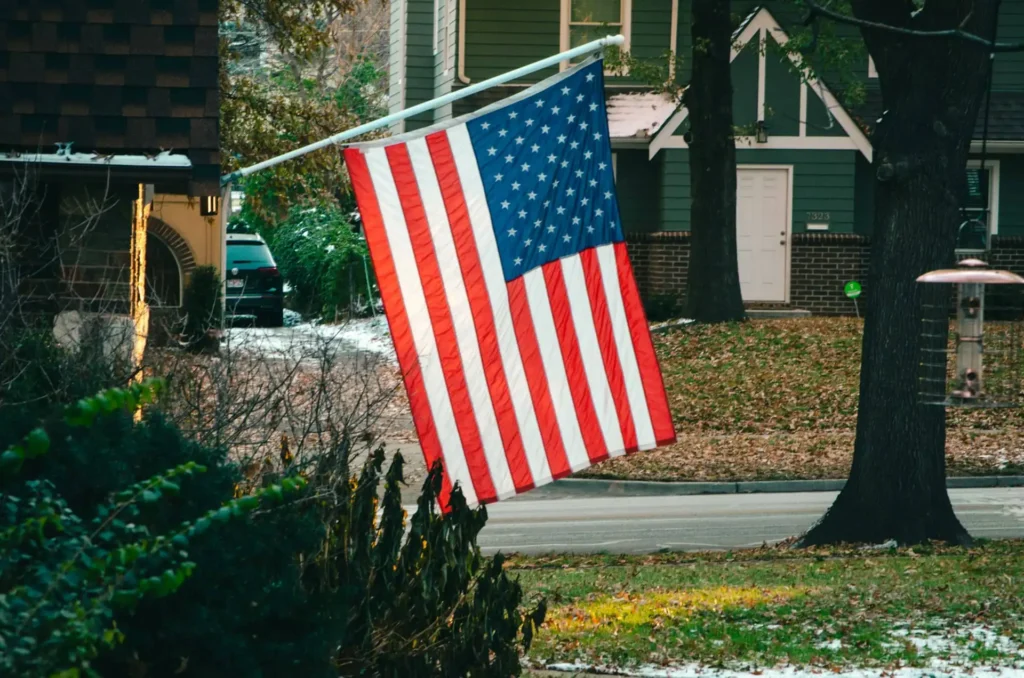



Defining Fashion Through Eras
Each decade of Paris Fashion Week reflects the changing aesthetics and cultural values of its time:
- 1970s: A period marked by the rise of ready-to-wear (prêt-à-porter), where designers like Saint Laurent made fashion more accessible.
- 1980s: The age of extravagance, with bold silhouettes, power dressing, and luxury becoming central themes.
- 1990s: Minimalism and grunge took the forefront, ushering in designers like Karl Lagerfeld and Alexander McQueen, who redefined fashion with a mix of elegance and edge.
- 2000s & Beyond: The influence of technology, diversity, and sustainability has reimagined the shows, with more inclusive casting and innovative designs addressing environmental challenges.







The Future of Fashion
As Paris Fashion Week celebrates its 50th anniversary, its legacy is not only rooted in its past but also in how it continuously pushes the boundaries of what fashion can represent. It remains a critical stage for experimentation, influencing not just the luxury sector but the global fashion industry.
This anniversary is more than a celebration of clothing; it’s a testament to the power of creativity and the threads that connect fashion to culture, art, and history.

